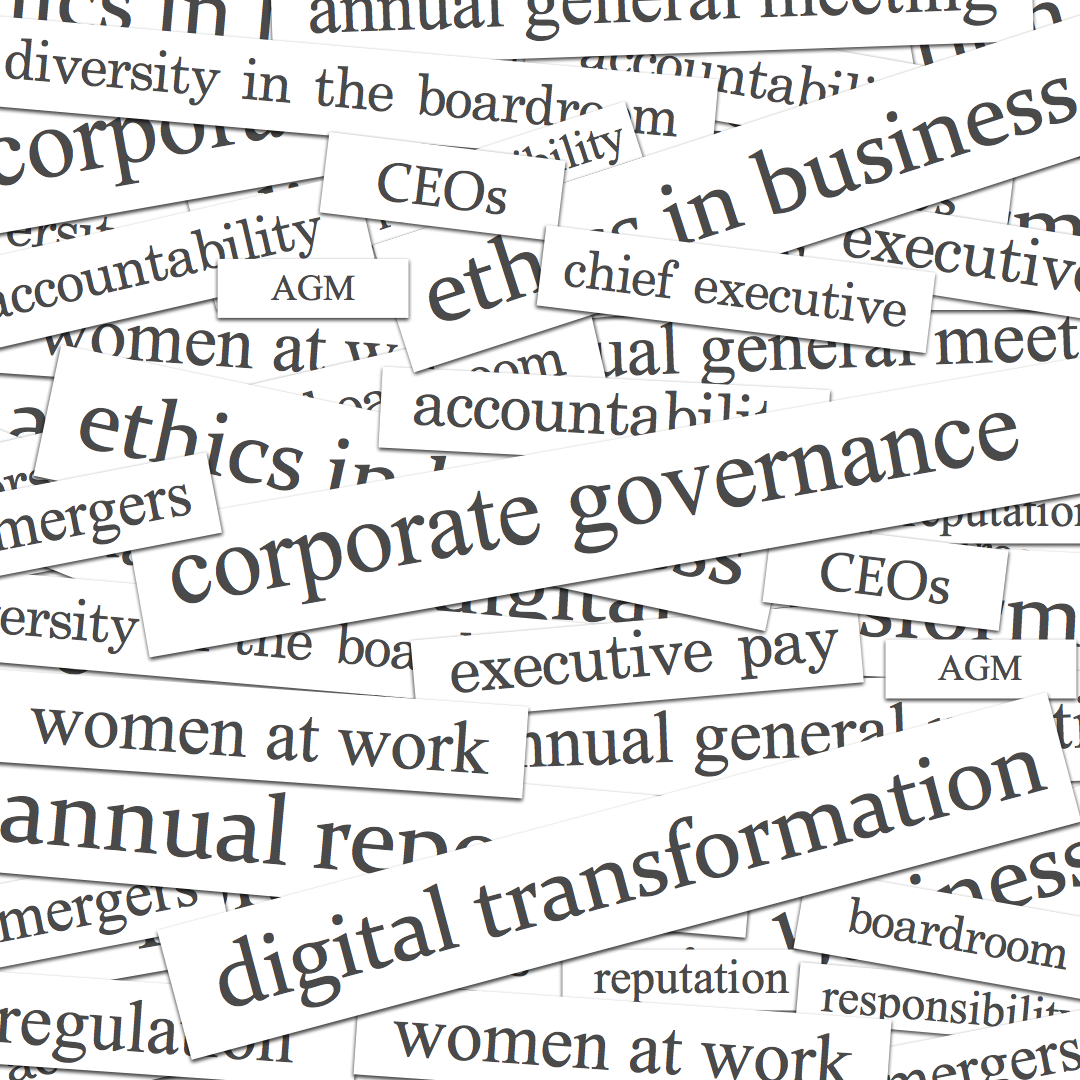Lessons from 2020
The potential implications of a no-deal Brexit haunt UK business as the end of a year dominated by Covid-19 looms. At time of writing there is still no clarity on the detail. If there are lessons to be learnt, they are surely around the folly of backing oneself into a corner even as the surrounding world faces new and urgent challenges requiring innovation, fresh thinking and collaboration. Regardless of the UK’s future relationship with the European Union, businesses need to look to themselves to see if their corporate governance is fit for purpose.



